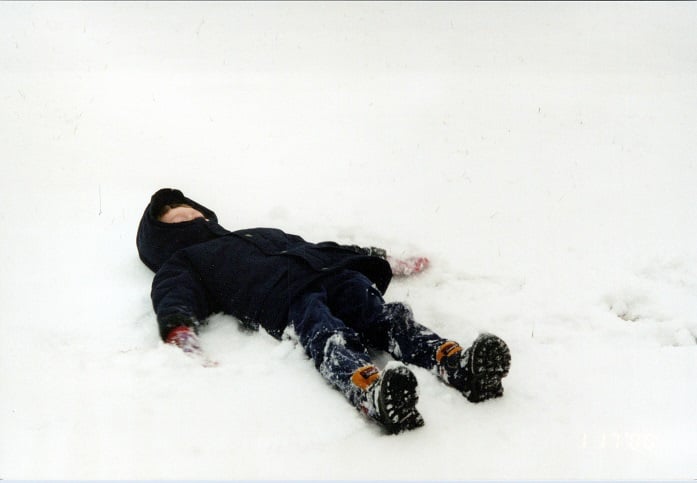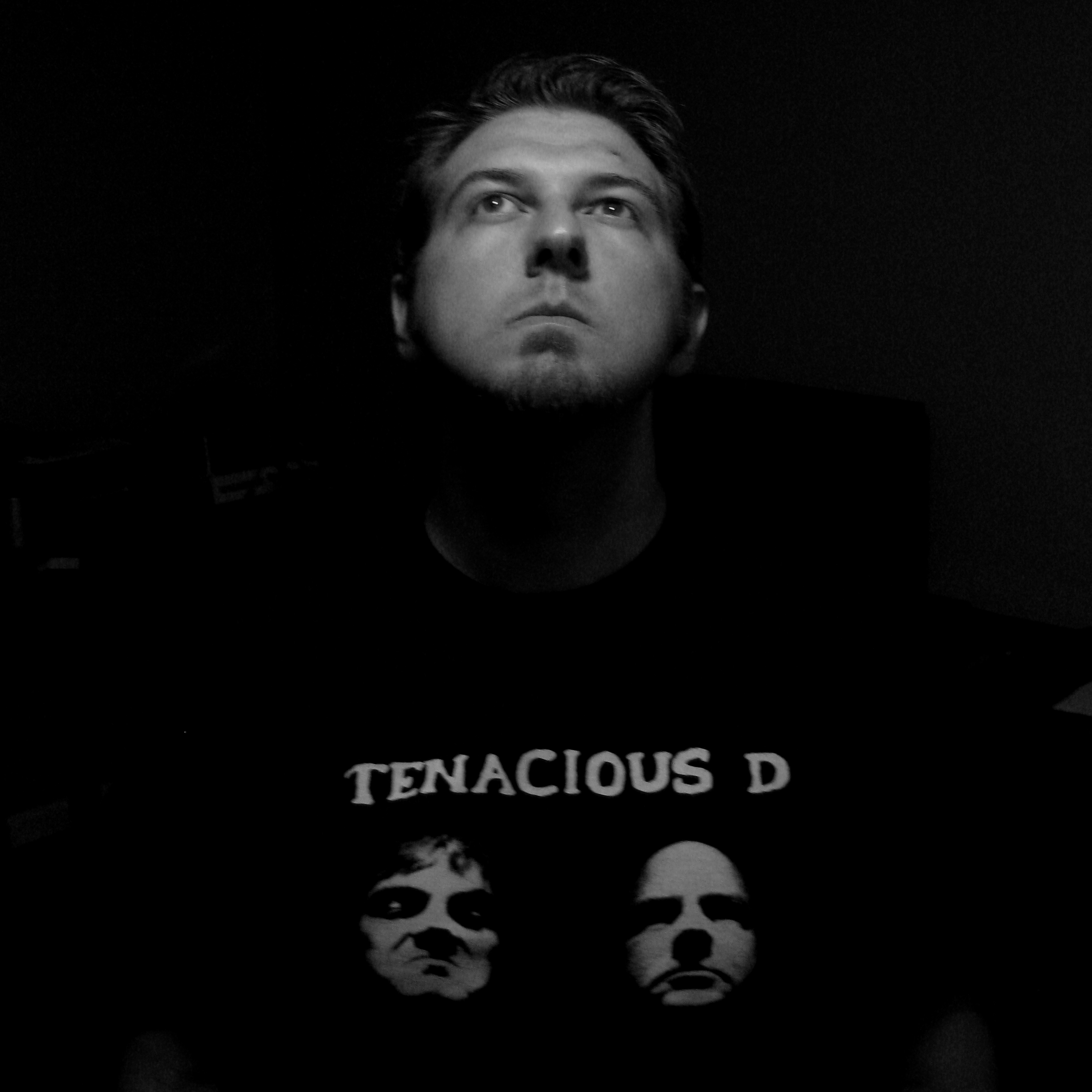I’ve been backing up to a dedicated hard disk within the same server for all my backups in case my disks fail. And as I run more and more services, the concern of disks failures grow bigger.
I’m looking for a cheapish off-site backup solution and I’m just curious what everyone does for their 3-2-1 backup solutions.
B2 from my NAS with duplicacy. Set it up with healchecks.io to let me know it if stops, and it works without a flaw
2 spare drives and a safe deposit box ($10/yr). Swap the bank box once a month or so. My upstream bandwidth isn’t enough to make cloud saves practical, and if anything happens, retrieving the drive is faster than shipping a replacement, nevermind restoring from cloud.
Of course, my system is a few TB, not a few dozen.
restic hourly backup to external SSD + idrive e2
Crashplan can’t tell the difference between local folders and NFS mounts, and they have an unlimited size backup plan per device for like $10/month. I have 1 device with NFS mounts from many desktops and my Nas. About 9TB.
Are you saying, theoretically if I had 100s of TB (I don’t… yet!) on mounted drives (local or NFS shares), I could back it all up to Crashplan, and keep the retention as long as the files still exist on my device(s)? Sounds amazing, but what’s the cost of restoring the data? They’re not being very loud about that part on their website.
Yes. Look here, the plan is per-device, and the capacity is unlimited: https://www.crashplan.com/pricing/ . I think the restore would be extremely painful, it’s not a fast pipe, but the bigger you go that’s gonna be an issue no matter what.
Raspberry Pi - USB HDD - borg backup - parents home :)
My home “offsite” backup is a second NAS at my parents house. I plan on getting two identical NASes with identical storage setup and let them replicate themselves automatically, but no money for that now.
I don’t do 3 2 1, I do 3 1 1
Ah yes automated backups, on my to-do which I’ll hopefully do before a failure (famous last words). People talking about backblaze b2. I just looked. Why not use the personal one? The one computer would just be the Nas if using it for cold storage/redundancy?
To copy a comment from reddit:
HTWingNut: Backblaze Personal only works with Windows PC's and Mac, and drives that are physically connected to the computer. No VM's, no network drives/hardlinks/symlinks, etc. You have to use their software to backup too. As someone else noted, for recovery you can grab files in 500GB chunks as a zip, or 8TB drive mailed to you (free of charge up to 5 per year). Data needs to be retained on your local drives otherwise it will delete them from their servers after 30 days unless you upgrade to their 1 year retention plan. I have a Windows PC that is on 24/7 for a number of things, and I just put a hard drive in there that I backup my most important NAS files to that, and it gets backed up to Backblaze Personal. Backblaze Personal is cheap and I see the appeal, but you have to understand and live with those caveats for "unlimited" backup.I use B2 with rclone and just backup “important” stuff on my NAS with cron jobs. I guess you could have rclone move the “important” stuff from NAS to a “burner” PC which uses Backblaze Personal.
I don’t have enough data to warrant all that so I use B2 for now and I have around 50GB of data so the price is cheap
I’m currently backing up my 20TB Hetzner Storage box using a windows VM to Backblaze Personal backup. I’m using https://github.com/dokan-dev/dokany to mount the SMB share as a “real” local drive.
Define which data is from value. I got 68TB of data but realistically only 3 TB are from such value I maintain several copies (Raspi + SSD) and online backup. The rest of data is stored on a cheap server built at a family member and synchronized twice a year. Make sure your systems and drives are all encrypted. And test your backups and redeployment strategy.
Edited: typo
I’m sure I could do better, but my strategy right now is B2 encrypted backups. I need to start storing a hard drive with the most critical data in a drawer at the office though or something so I can do a proper 3-2-1.
My server is now up to 100 and something tb of storage. About 50% used. Raid 6. (Yes raid isn’t a backup. I know) Mainly media. Movies, tv, music, Books/audiobooks.
I’ve separated our media storage vs OS.
I only backup my OS and configs. It goes to an on-site nas.
If my media library dies, I’ll just slowly re-download what people want.
If I lose my os, I have one backup, other wise I’m off to work rebuilding that too.
I’m happy to pay for iCloud at this stage to backup and store sentimental or critical things.
✌️💛
Everything local is synced to NAS.
NAS is backed up to external USB-HDD with versioning (Hyperbackup).
NAS is backed up to Hetzner Storage via Kopia with versioned Snapshots off-site.I use syncthing to synchronise my collection of important stuff between my laptop, local server and VPS. My laptop then gets backed-up to an USB SSD using Time Machine. Granted, it’s not a proper backup, but it’s better than nothing.
For my photo collection I burned it to a BluRay (M-disc) and asked my SO to store it at work.
Honestly, I don’t. The vast majority of my data is just stuff like Linux ISOs that I could download again. Important documents and stuff like that take up so little space that I just keep them in Google Drive. Most of my personal project work is on GitHub. And while neither of those are technically backups, it’s not a tragic loss if I accidentally delete everything.
Do you at least encrypt those documents?
Gocryptfs + Rclone sync to B2
Used to use freefilesync for offsite backups, but haven’t in a while. Wanted to replace that with a native BTRFS offsite sync tool like Btrbk, but haven’t got around to it yet
Do you have any family or friends that are willing to let a small NAS sit around somewhere? Or host a friends backup and return they host your backup? For me, this approach works well and is probably as cheap as it can get. To just backup some data over the internet, any cheap old NAS will do. I have an old NAS sitting at my parents and just manually turn it on when I’m visiting. A small startup script runs rsync without further interaction and shuts down when finished.






